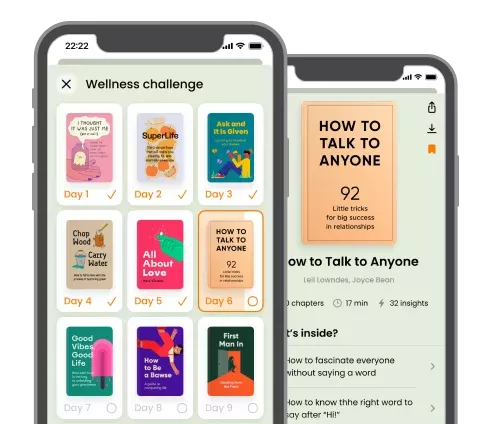6 Best Intelligence Books
Discover a wide range of intelligence books covering various topics such as cognitive psychology, emotional intelligence, and critical thinking.
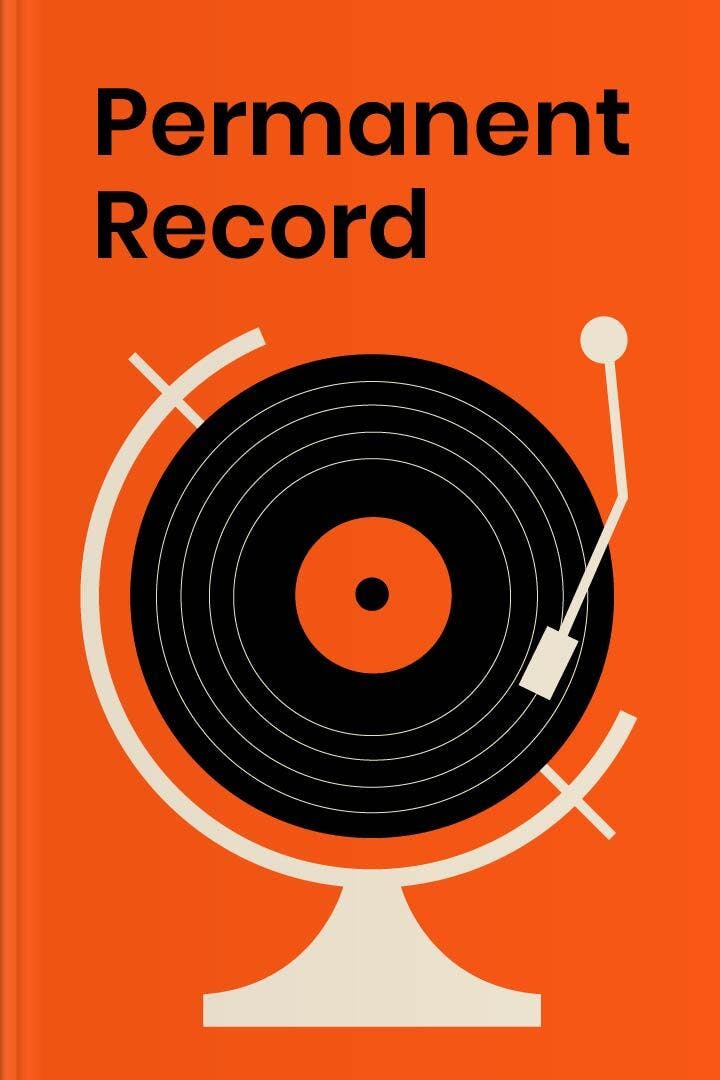 1
1Permanent Record
by Edward Snowden
What is Permanent Record about?
In this gripping memoir, a former intelligence officer reveals his journey from a young computer whiz to becoming one of the most wanted men in the world. Edward Snowden's "Permanent Record" takes readers on a thrilling ride through his experiences working for the government, his decision to expose mass surveillance programs, and the personal sacrifices he made to protect privacy and democracy. This thought-provoking account sheds light on the complex issues surrounding surveillance and government secrecy.
Who should read Permanent Record
Individuals interested in understanding the impact of government surveillance.
Privacy advocates seeking insights into the whistleblower's revelations.
Those curious about the personal journey of Edward Snowden.
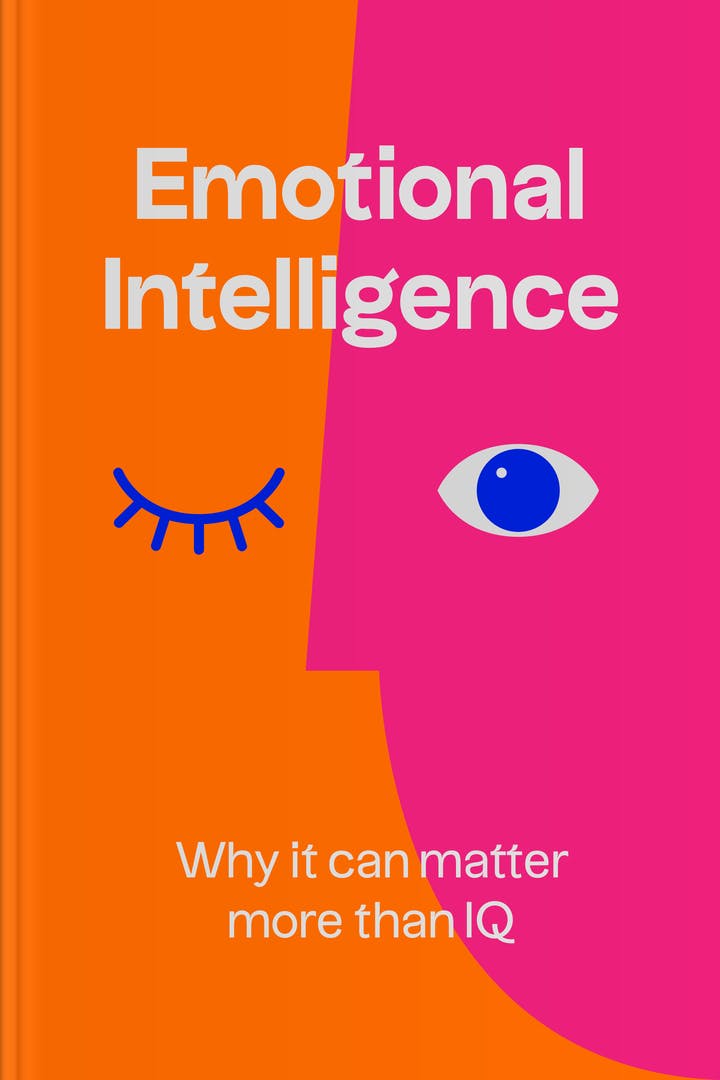 2
2Emotional Intelligence
by Daniel Goleman
What is Emotional Intelligence about?
In this insightful book, the author explores the concept of emotional intelligence and its significance in our lives. Drawing on scientific research and real-life examples, the book delves into how emotional intelligence can have a greater impact on our success and well-being than traditional measures like IQ. Goleman offers practical strategies to develop emotional intelligence, empowering readers to navigate relationships, manage emotions, and make better decisions in both personal and professional spheres.
Who should read Emotional Intelligence
Individuals seeking to understand the importance of emotional intelligence in personal relationships and professional success.
Parents and educators interested in nurturing emotional intelligence in children.
Leaders and managers looking to enhance their leadership skills through emotional intelligence.
 3
3This Is How They Tell Me the World Ends
by Nicole Perlroth
What is This Is How They Tell Me the World Ends about?
In this gripping exposé, investigative journalist Nicole Perlroth delves into the secretive world of cyber warfare. She uncovers the alarming reality of the cyber-weapons arms race, where governments and hackers alike exploit vulnerabilities to gain power and control. With meticulous research and firsthand accounts, Perlroth reveals the catastrophic consequences of this escalating global conflict, shedding light on the urgent need for cybersecurity measures to protect our increasingly interconnected world.
Who should read This Is How They Tell Me the World Ends
Cybersecurity professionals seeking insights into the evolving cyber-weapons landscape.
Government officials responsible for national security and defense strategies.
Technology enthusiasts interested in the dark side of digital warfare.
 4
4Spy the Lie
by Phil Houston, Michael Floyd, and Susan Carnicero with Don Tennant
What is Spy the Lie about?
In this insightful guide, three former CIA officers share their expertise on detecting deception. Drawing from their extensive experience in interrogations and interviews, the authors provide practical techniques and real-life examples to help readers uncover the truth. From analyzing verbal and nonverbal cues to understanding the psychology behind lying, this book equips readers with the skills to become effective lie detectors in various situations. Whether for personal or professional use, "Spy the Lie" is an essential resource for anyone seeking to unravel the mysteries of deception.
Who should read Spy the Lie
Individuals interested in learning techniques to identify deception accurately.
Professionals in law enforcement and intelligence seeking to enhance their skills in detecting lies.
Anyone curious about the psychology behind deception and its detection.
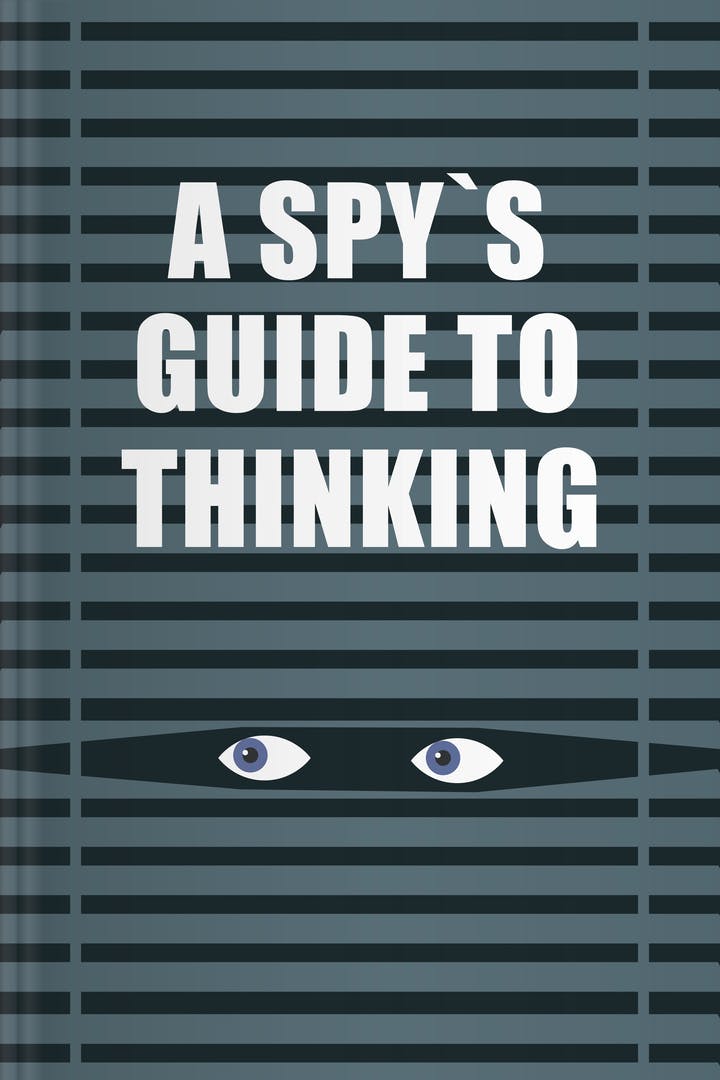 5
5A Spy’s Guide to Thinking
by John Braddock
What is A Spy’s Guide to Thinking about?
In this insightful guide, the author, a former intelligence officer, shares his expertise on critical thinking and decision-making. Drawing from his experiences in the field, he reveals practical strategies and techniques used by spies to analyze information, assess risks, and make sound judgments. With a focus on enhancing mental agility and avoiding cognitive biases, this book equips readers with the tools to navigate complex situations and think like a spy in their everyday lives.
Who should read A Spy’s Guide to Thinking
Aspiring spies seeking to enhance their critical thinking skills.
Professionals in intelligence and espionage looking to sharpen their mental acuity.
Anyone interested in learning strategic thinking from a spy's perspective.
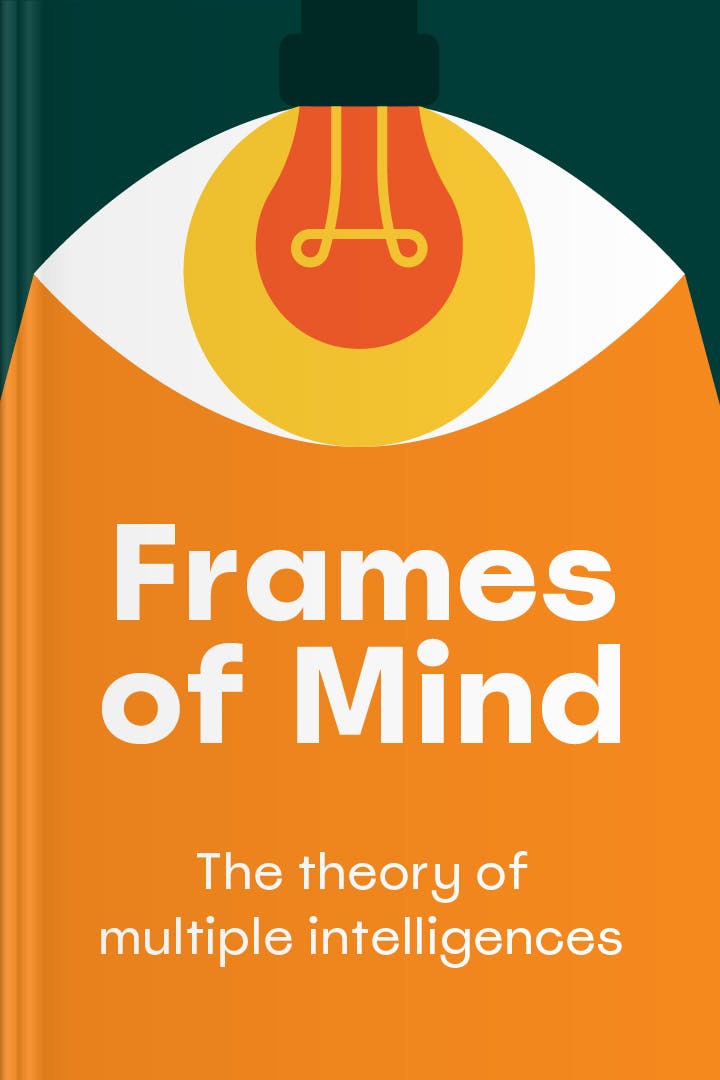 6
6Frames of Mind
by Dr. Howard Gardner
What is Frames of Mind about?
In this groundbreaking book, Dr. Howard Gardner presents his theory of multiple intelligences, challenging the traditional notion of intelligence as a single, fixed entity. Exploring the diverse ways in which individuals can be intelligent, Gardner identifies and describes seven distinct intelligences, ranging from linguistic and logical-mathematical to musical and bodily-kinesthetic. With compelling evidence and thought-provoking insights, this book revolutionizes our understanding of human intelligence and its implications for education and society.
Who should read Frames of Mind
Educators seeking to understand and apply multiple intelligences in teaching.
Parents interested in nurturing their child's unique intellectual strengths.
Psychologists and researchers exploring the concept of intelligence diversity.
